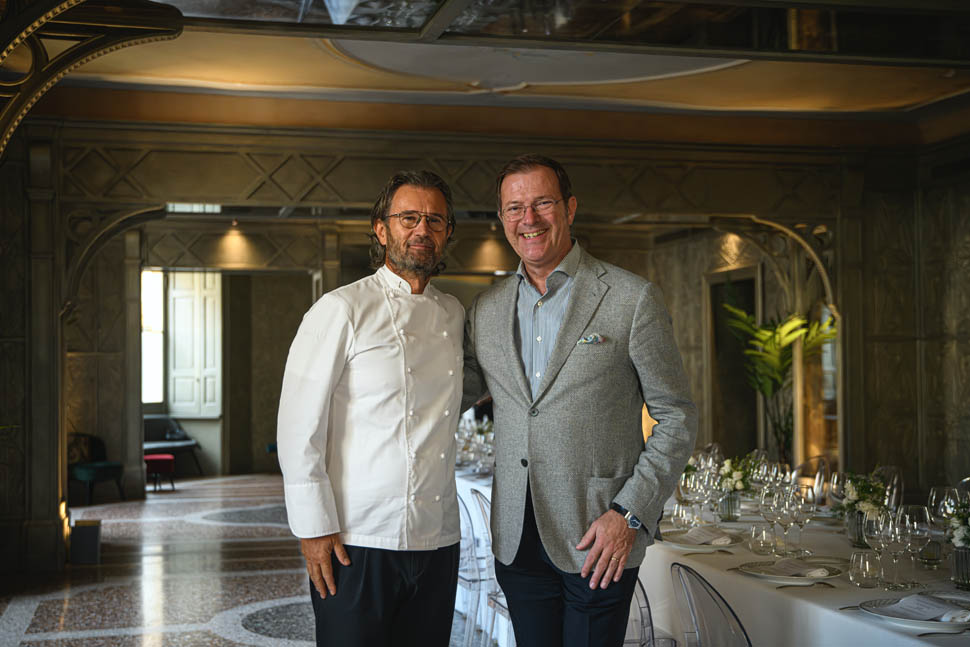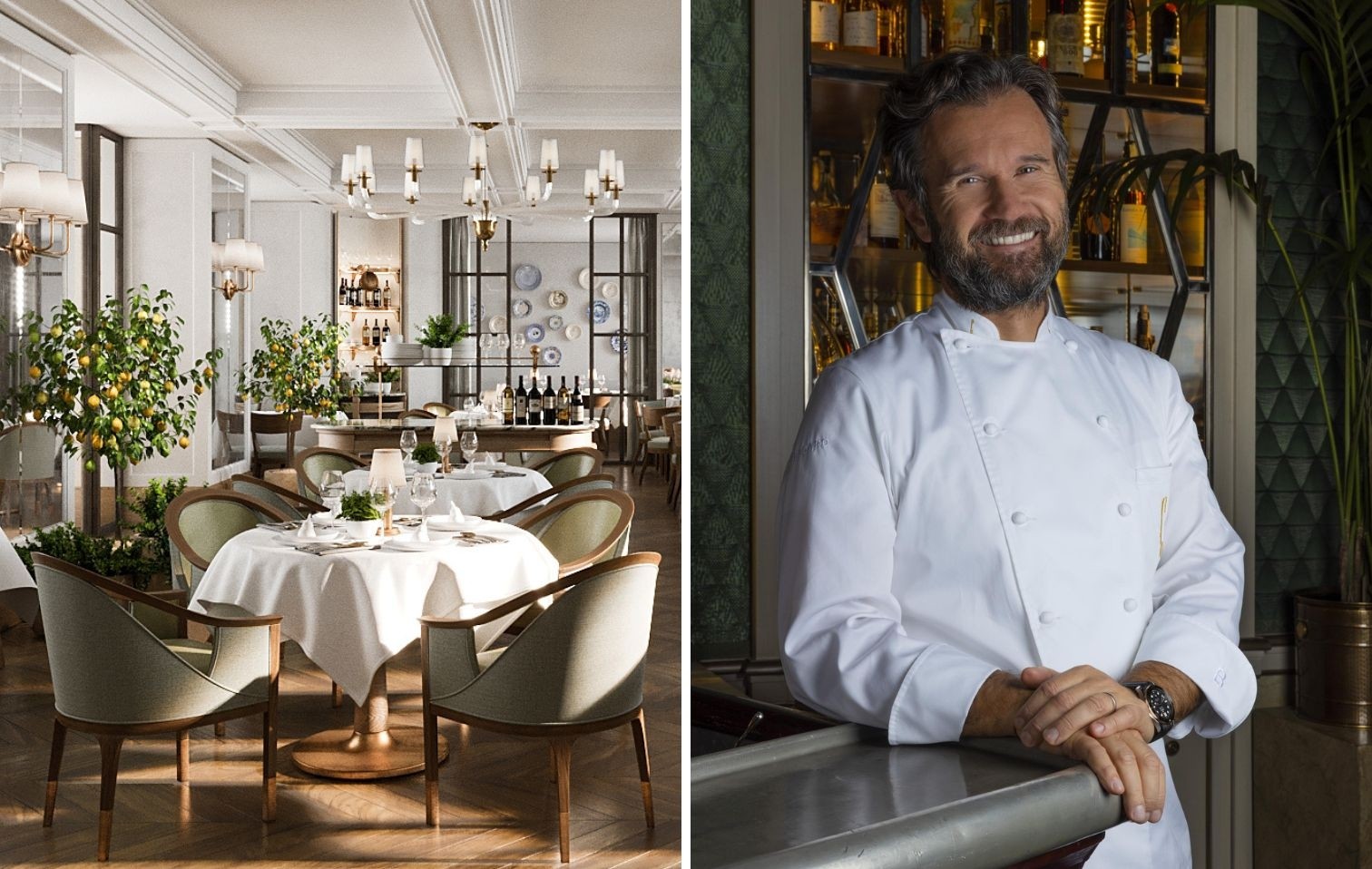Luxury hotel chain Gruppo Corinthia, born in Malta from the vision of the Pisani family, will open its hotel in Rome next summer. Behind the gastronomic project is Carlo Cracco, at the helm of fine dining, bistro and café.
The News
He told us in a recent interview. Carlo Cracco has always seen Milan as the only city that could accommodate his energy, his nature for continuous experimentation. As if in Milan even palates, and wanting to exaggerate the senses, were more contemporary.
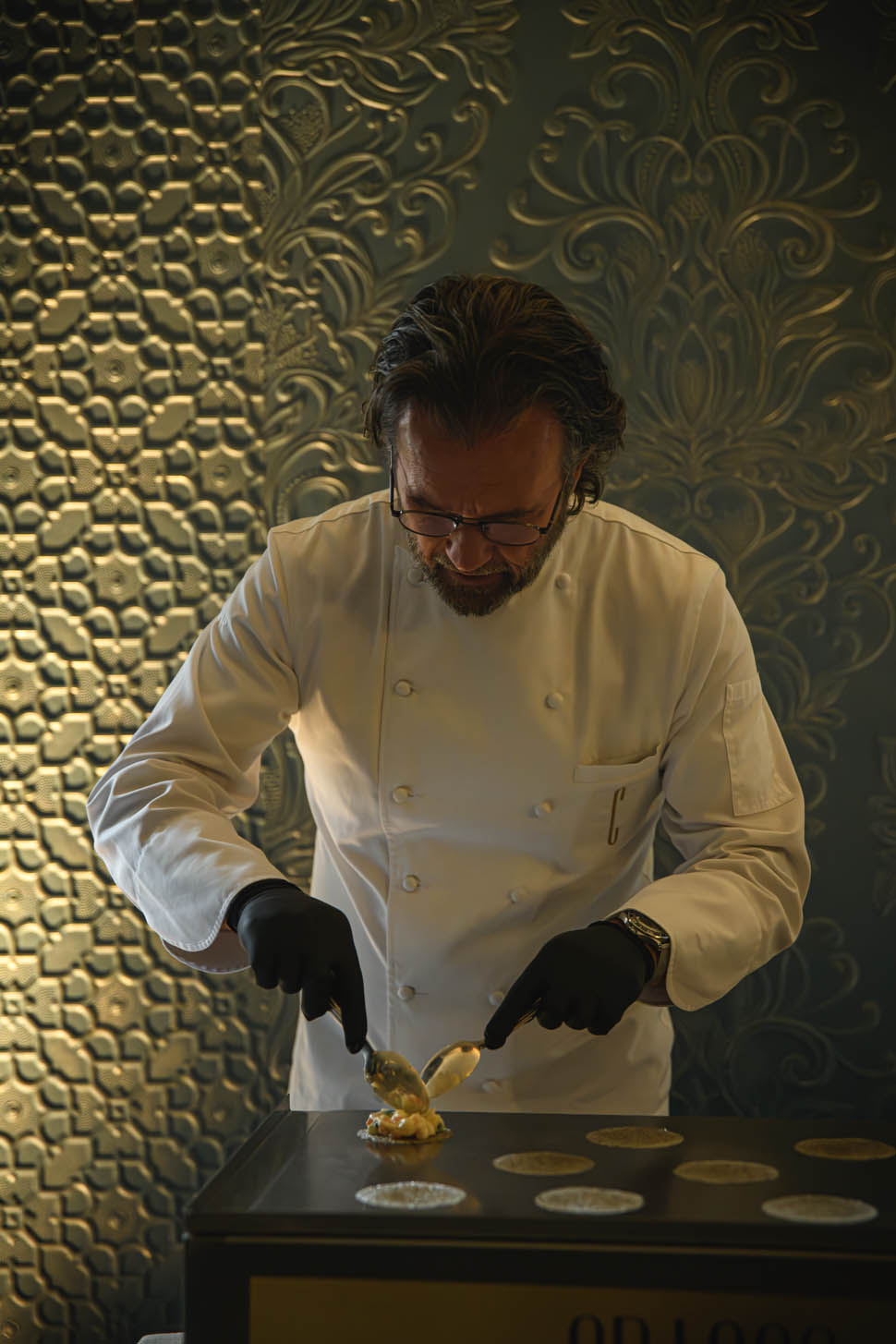
After Milan came Portofino, a project in which to intercept tourism that is certainly not popular or even mass tourism. Yet, the result is pop. Cracco in Portofino is a restaurant conducted with a Gascon spirit and an avant-garde mentality. The restaurant is not letting itself be covered by the corrosive saltiness of Ligurian snobbery, much less by a stick in the mud of Lombard affluence. Rather, it is enhancing all that is local by trying to give as much beauty as possible to everyone. Now what?
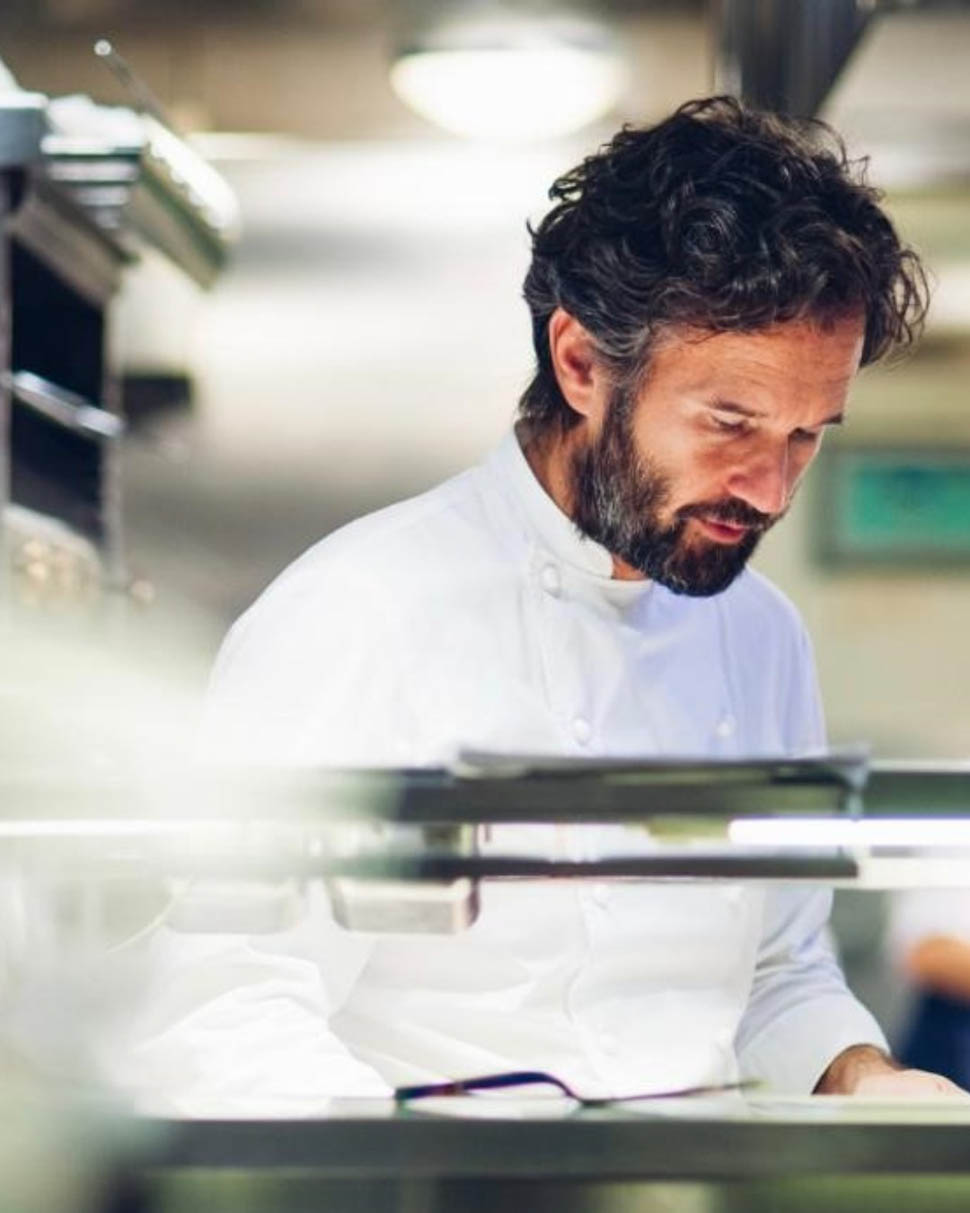
“When they told me about it, I knew it was something for us. Similar to what we are doing here in the gallery, in some ways even better.” Milan is not offended chef, rest assured. The news that Carlo Cracco will open in Rome is just good news for those seeking excellence without the stress-testing aura of those historic chic places that convey more formality than anything else. Next summer this will happen: the luxury hotel chain Gruppo Corinthia, born in Malta from the vision of the Pisani family, will open its Rome hotel in the building where the Italian Central Bank once operated in the central Piazza del Parlamento.
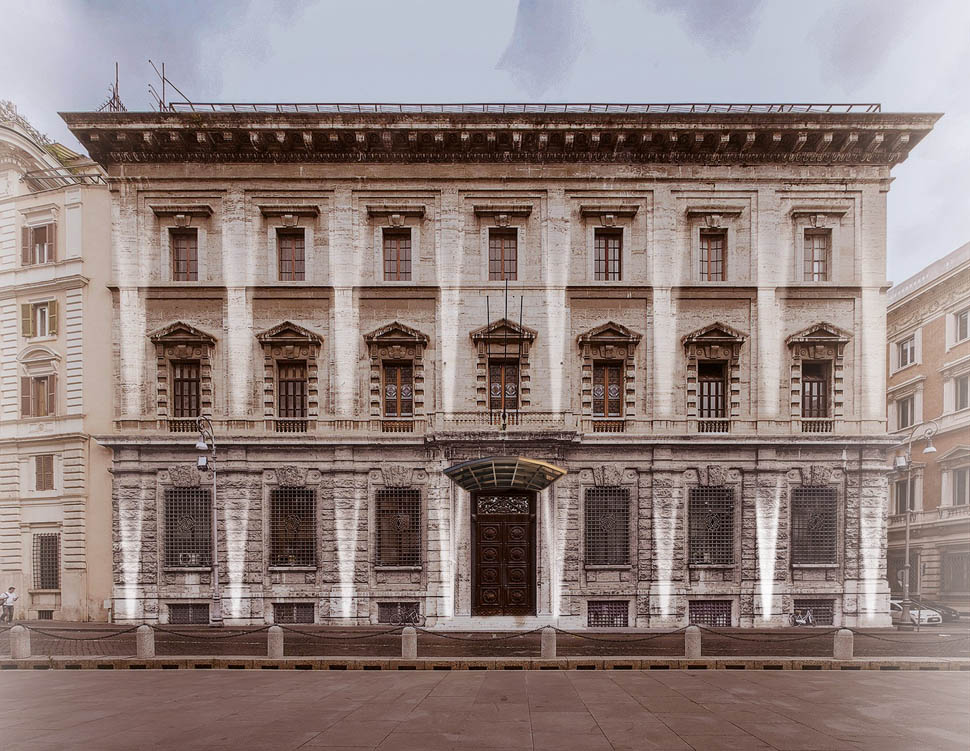
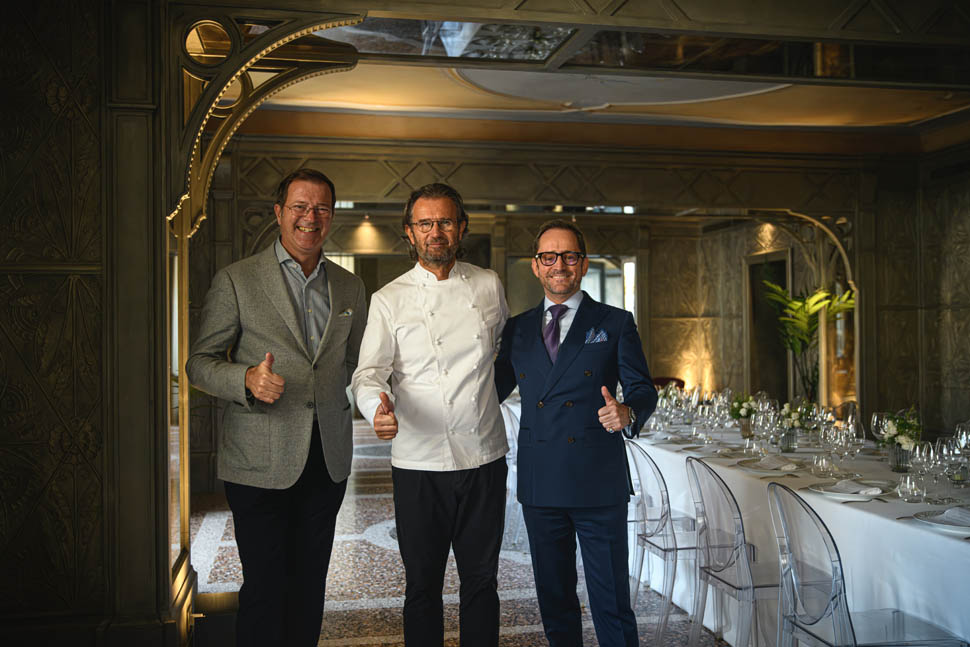
Carlo Cracco will be in charge of all food and beverage offerings, which will include a restaurant, café, English bar, and room service. The cocktail bar will probably be called Gold, marking the building's vaulted past. The hotel behind Montecitorio is yet another Corinthia gem that responds to the “grand boutique” paradox, a mantra in which Carlo Cracco has fully found himself.
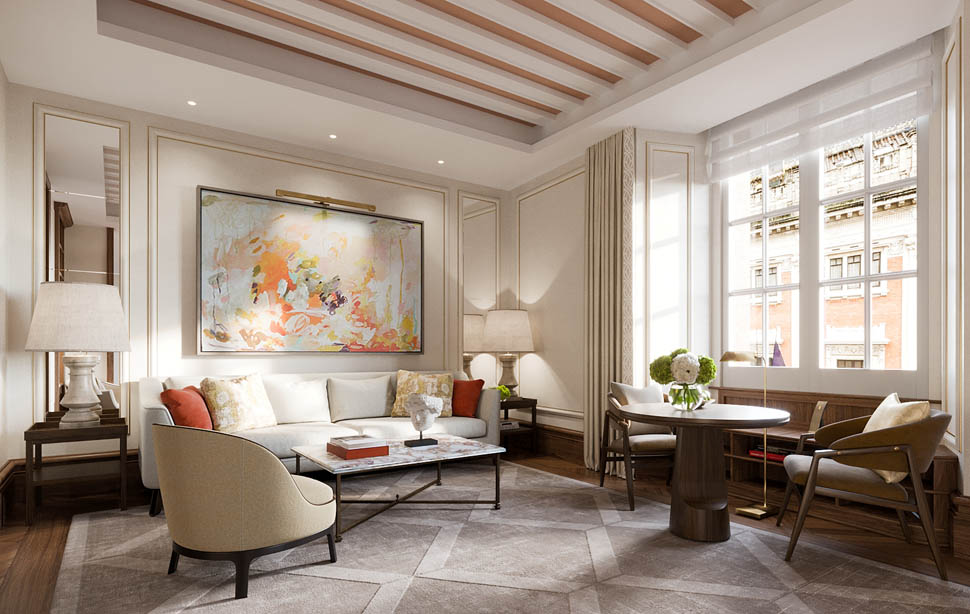
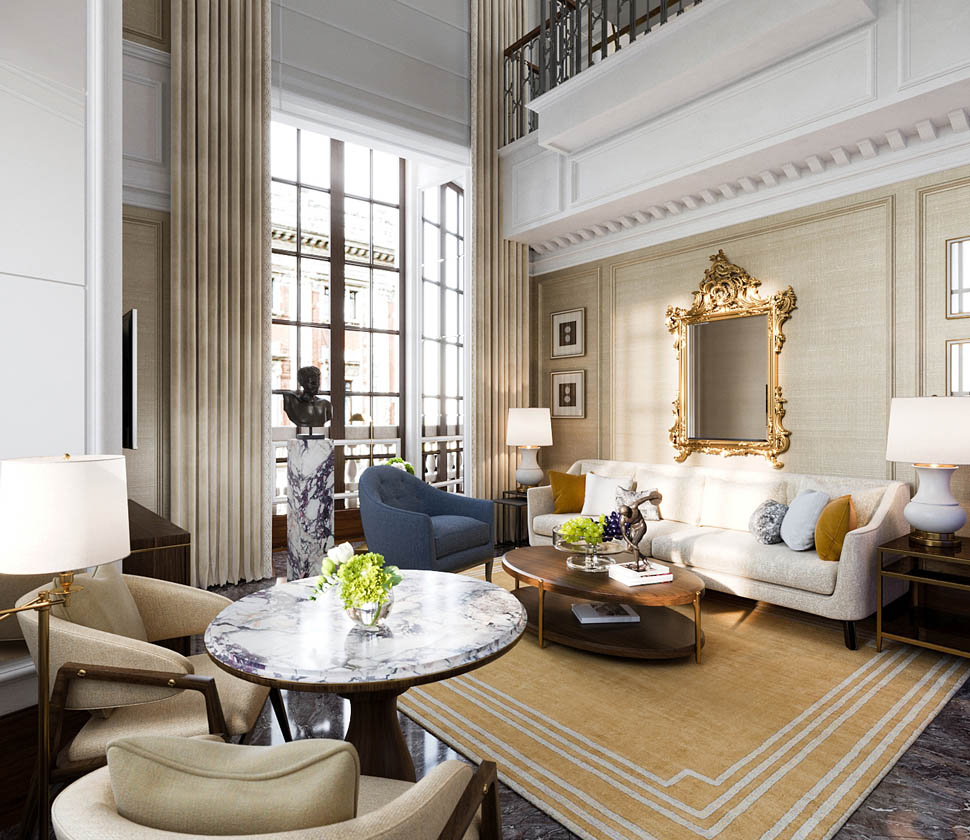
"It is not a huge project in the sense of full of complications. It is a 60-room hotel. The restaurant will have about 30 covers, as many as the café. In some ways it is very similar to Milan. However, when I talked to the designers, they agreed with me to avoid making the restaurant on the highest floor. The rooftop? It wouldn't have made much sense in that location. They couldn't do it just because it is trendy.
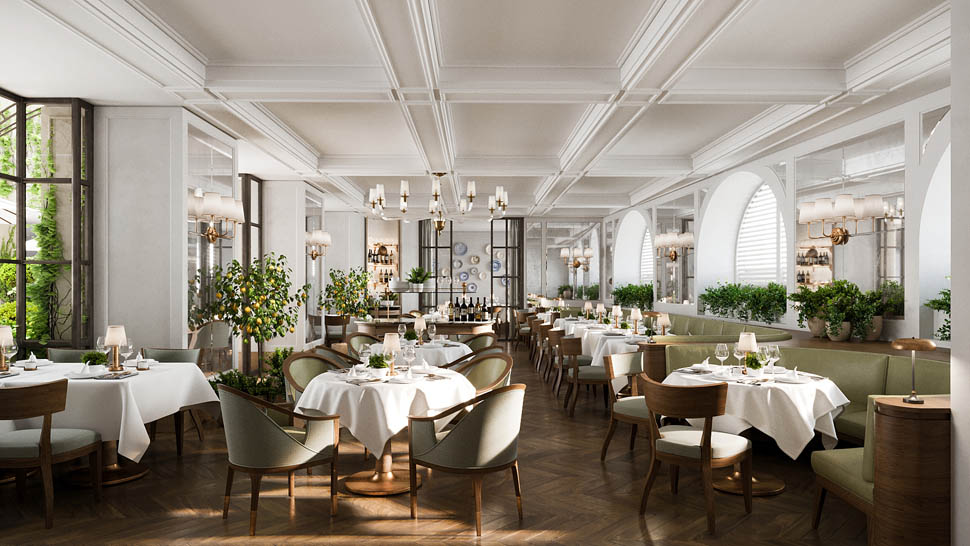
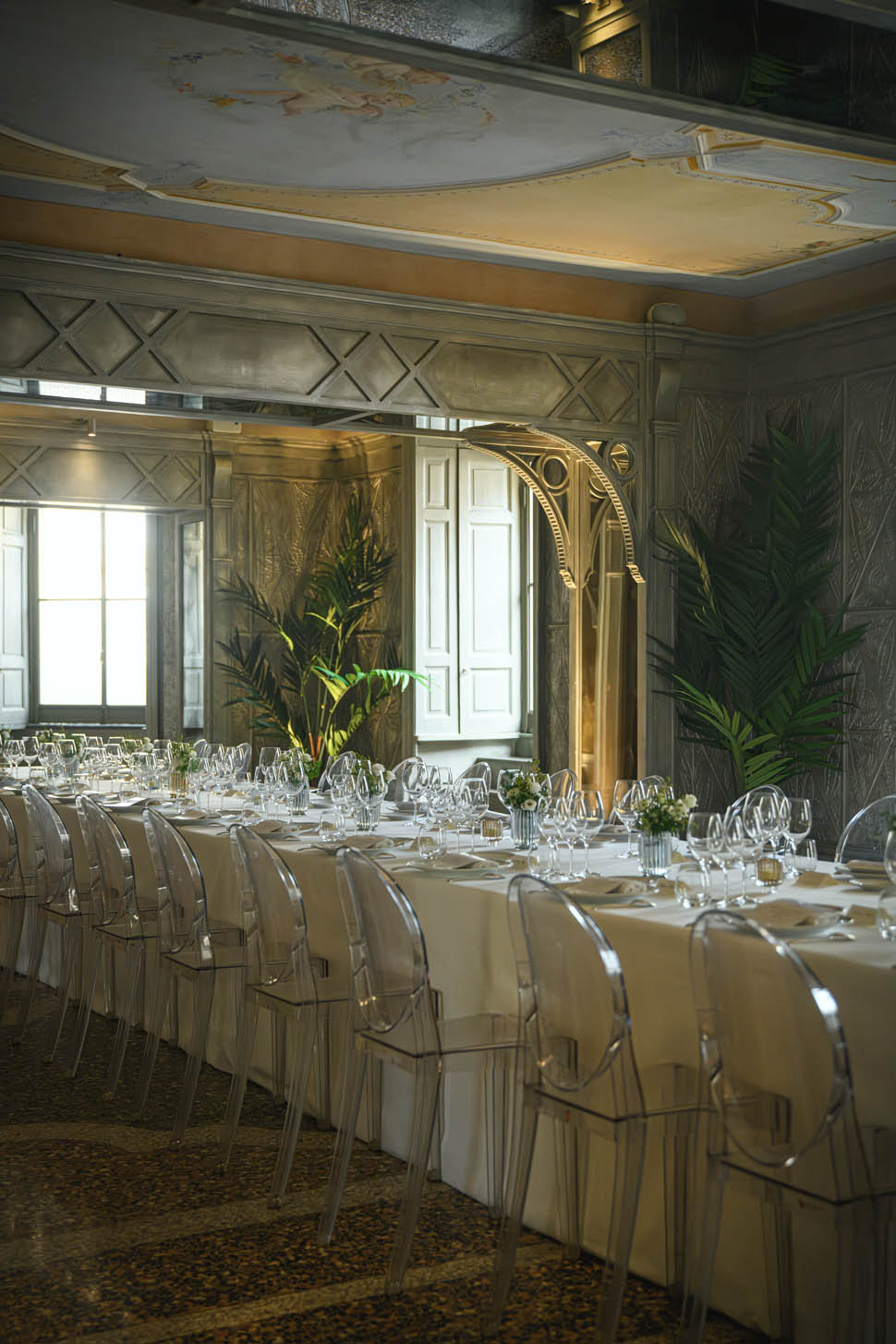
We would certainly have gone to the difficulty of sending people up. All of the catering will be on the ground floor, so we will also be able to take advantage of the beautiful inner courtyard-garden, and so, above all, it will be easier to manage the daily work by avoiding the nightmare elevators and elevators for transferring dishes, raw materials and materials.”
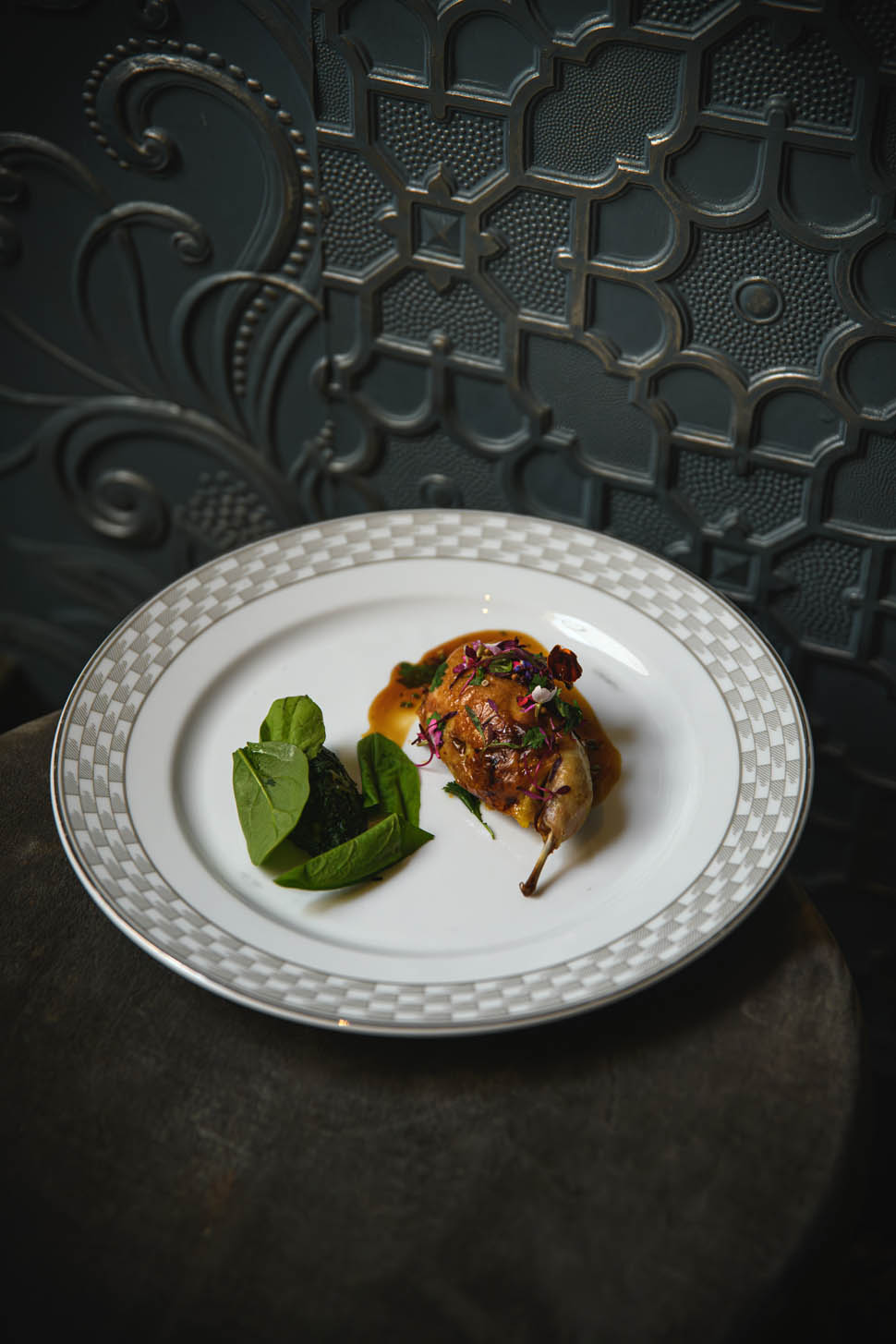
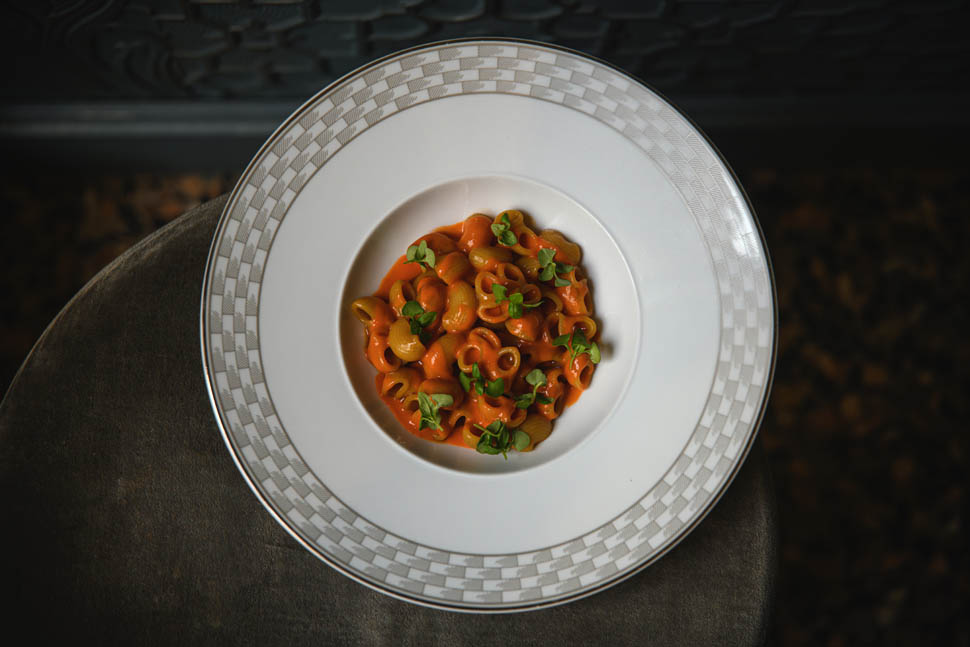
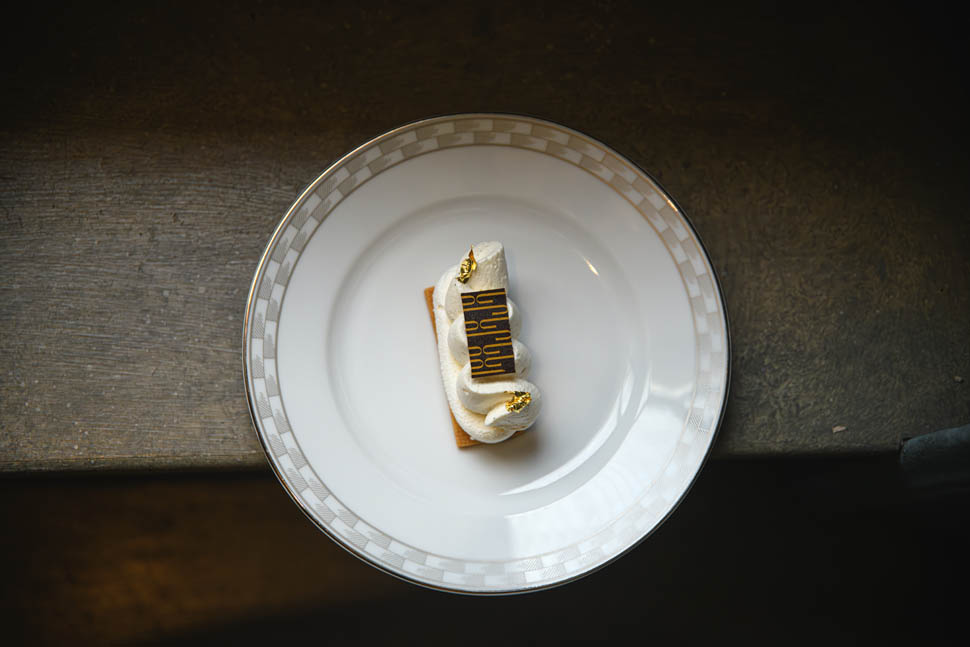
The grandeur of a historic building that exudes mystery and respect, with a sparkling, welcoming soul. This is the project of Corinthia Roma. This is the project in which Carlo Cracco has chosen to become a partner. Even the choice of the resident chef has responded to the same criterion: someone with haute cuisine experience, but who knows how to give a local interpretation. For this reason, the chef will be Roman. Cracco's energy is now no longer a Milanese exclusive. Better not, otherwise he would have risked becoming uglier.
